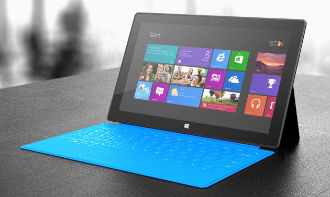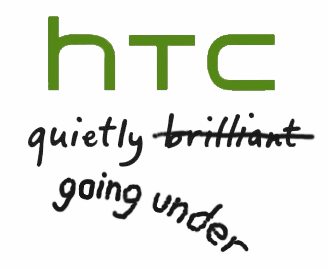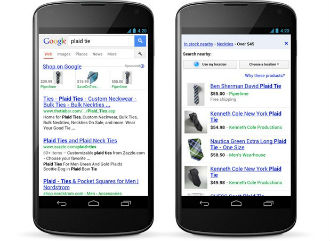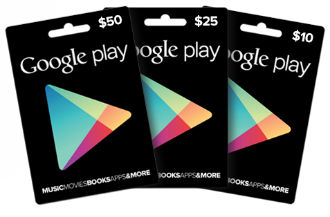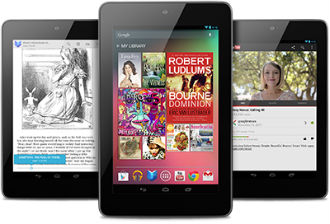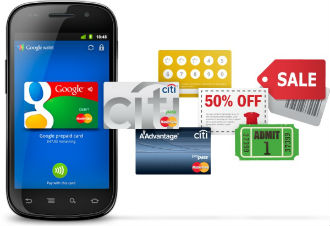 Google made more than a few dollars in its latest quarter, raking in a cool $14 billion in revenue.
Google made more than a few dollars in its latest quarter, raking in a cool $14 billion in revenue.
The company, which described the figures as a “strong start to 2013,” reported consolidated revenues of $13.97 billion for the quarter ended March 31, 2013, an increase of 31 percent compared to the first quarter of 2012.
GAAP operating income in the first quarter of 2013 was $3.48 billion, accounting for 25 percent of revenues. This was in comparison to $3.39 billion, or 32 percent of revenues, in the first quarter of 2012.
Non-GAAP operating income in the first quarter of 2013 was $4.22 billion, or 30 percent of revenues. This compared to non-GAAP operating income of $3.94 billion, or 37 percent of revenues, in the first quarter of 2012.
GAAP net income including net income from discontinued operations in the first quarter of 2013 was $3.35 billion, compared to $2.89 billion in the first quarter of 2012.
Non-GAAP net income in the first quarter of 2013 was $3.90 billion, compared to $3.33 billion in the first quarter of 2012.
Again it was Google’s ad business that generated the most profit with revenues hitting
$12.95 billion, or 93 percent of consolidated revenues, in the first quarter of 2013, representing a 22 percent increase over first quarter 2012 revenues of $10.65 billion.
Google-owned sites generated revenues of $8.64 billion, or 67 percent of total Google revenues, in the first quarter of 2013 – an 18 percent increase over the same period last year.
And its partner sites also raked in the cash generating revenues of $3.26 billion, or 25 percent of total Google revenues, in the first quarter of 2013. .
In the UK, Google revenues amounted to $1.39 billion, representing 11 percent of revenues.
Traffic acquisition costs, the portion of revenues shared with Google’s partners, increased to $2.96 billion in the first quarter of 2013, compared to $2.51 billion in the first quarter of 2012.
However the company lost out on some dough over in its flagging Motorola mobile sector with a decline of 27 percent in the first quarter of 2013.
